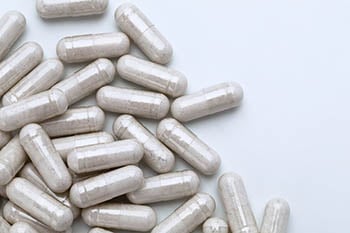Brain Power
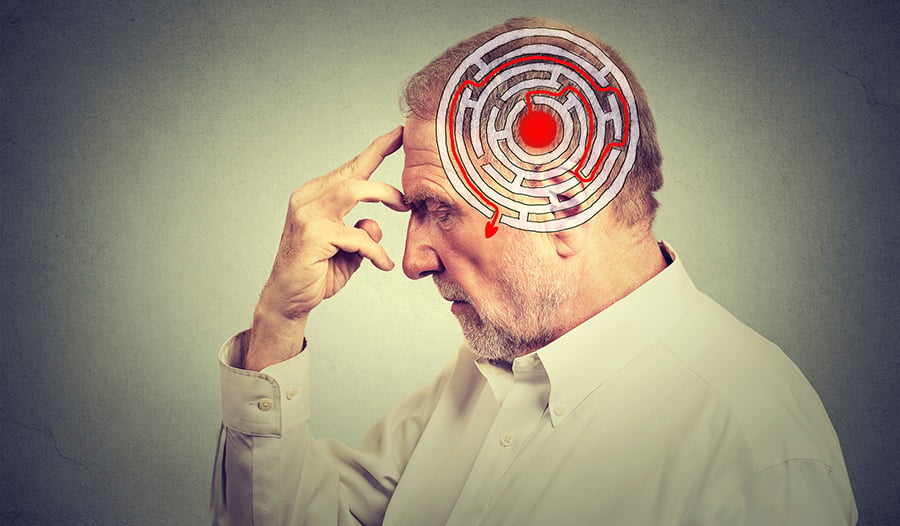
How to protect the brain against memory loss and Alzheimer’s disease.
Are memory loss and decreased brain power inevitable as we age? Many people in their 40s, 50s, and beyond are told that it is, and there is nothing that can be done about it. Not true. Steps can be taken not only to stop memory loss but also to reverse it. Of course, many things other than aging alone cause memory problems. These include depression, certain drugs, strokes, head injury, alcoholism, and dementia (severe problems with memory and thinking, such as Alzheimer’s disease, or AD for short).
Feed Your Brain, Sharpen Your Mind
There is considerable evidence that diets high in antioxidants such as vitamins C and E prevent age-related memory loss and other degenerative brain disorders. It is very important to eat a diet rich with green leafy vegetables; highly-colored vegetables such as carrots, yams, and squash; and flavonoid-rich fruits such as citrus, berries, and cherries, while avoiding consumption of trans fatty acids, fried foods, smoked and cured meats, and junk foods. Numerous studies have shown that brain function is directly related to nutritional status. Given the frequency of nutrient deficiency in the elderly population, it is likely that many cases of impaired mental function may have a nutritional cause.
Nutritional Supplements to Protect Your Brain
In addition to a healthful diet, a high-potency multiple vitamin and mineral formula, and 1,000 mg of eicosapentaenoic acid (EPA) and docosahexaenoic acid (DHA) (combined) from a quality fish oil, I would recommend taking coenzyme Q10 with pyrroloquinoline quinone (PQQ), phosphatidylserine, and curcumin (if some symptoms of mental deterioration are present in a person 50 years or older). A brief discussion of each of these important supplements for brain protection follows:
- Coenzyme Q10 (CoQ10) Although the body makes some of its own CoQ10, considerable research shows significant benefits with supplementation, particularly in people with heart disease, including high cholesterol levels and high blood pressure, or those taking cholesterol-lowering drugs. Recent studies indicate that CoQ10 levels are significantly lower in the mitochondria in people with degenerative brain disorders. For general supplementation levels, take 100 to 200 mg daily of CoQ10 in a base of rice bran oil in a soft gel capsule. For improving memory, even better results are seen with CoQ10 if it is taken with PQQ. It exerts a synergistic effect with CoQ10, and it is vital for the function of mitochondria. Like CoQ10, PQQ protects brain cells from damage. It has been shown to be memory-restorative in animal and human studies, and its antioxidant activity is about 5,000 times the effect of vitamin C. The dosage for PQQ is 20 mg daily.
- Phosphatidylserine (PS) is a critical nutrient for anyone with AD, PD, or impaired mental function. Low levels of phosphatidylserine in the brain are associated with impaired mental function and depression in the elderly. Over a dozen double-blind studies have shown phosphatidylserine to improve mental function, mood, and behavior in patients with degenerative brain disorders. The recommended dosage is 100 mg three times daily.
- Curcumin, the yellow pigment of turmeric, is showing incredible promise as a brain protector, including an ability to prevent and possibly reverse Alzheimer’s disease (AD). Residents of rural India, who eat large amounts of turmeric, have the lowest incidence of Alzheimer’s disease in the world: 4.4 times lower than that of Americans. Researchers have demonstrated that curcumin is able to prevent the development of Alzheimer’s brain lesions in mice specifically bred to develop AD, and may actually reverse damage to brain cells. Turmeric can be liberally consumed in the diet, but taking a curcumin extract may prove to be important in preventing age-related memory loss, as well as more serious conditions such as AD.
DISCLAIMER:This Wellness Hub does not intend to provide diagnosis...








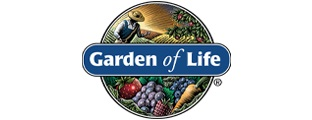

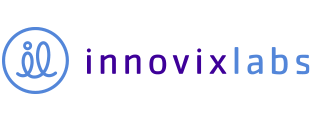






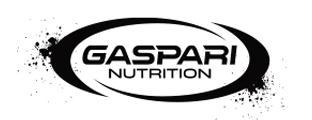




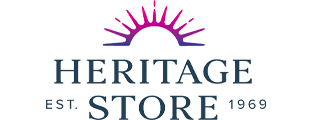
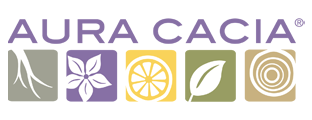


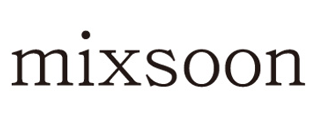
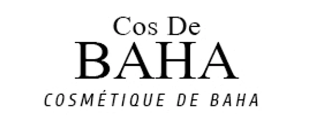
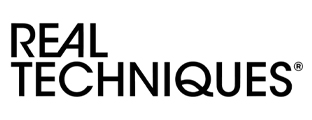


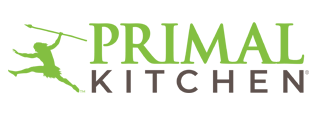




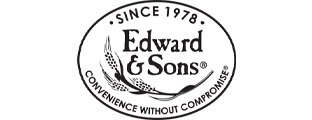

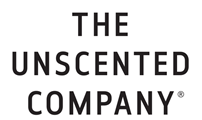









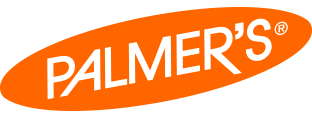



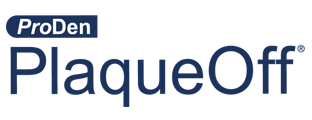



























 Table of Contents
Table of Contents




